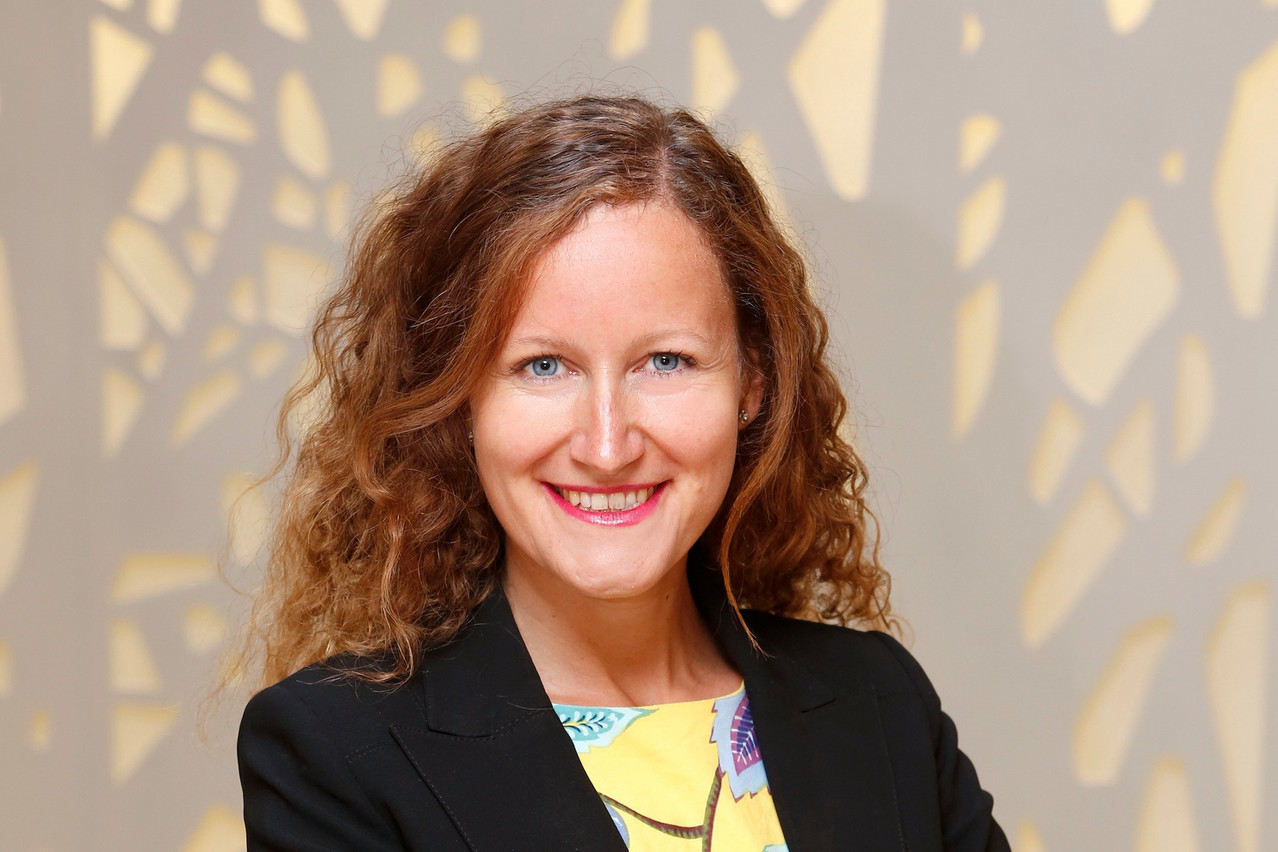Climate funds and the idea of investors financing climate action have been gaining traction, but have not broken away from the ESG pack, reckons . “I think that we have reached the tipping point in climate change awareness,” she says. “The public, governments, companies are now aware of the necessity to act. We are all persuaded by the already tangible impact of climate change. And public opinion has also very much intensified for our own good over the last years. But concerning climate funds available to investors, we still can go further.” In her view, “it’s more the ESG funds that are now becoming mainstream, but not really specific climate funds” aligned with addressing the Paris climate agreement.
That said, there is a noticeable split between institutional and retail investors. “Institutional investors are more advanced than retail investors. Retail investors still need to realise that with their investments, they can make an impact, and that it does matter where they put their money in. That if they just invest in the general indices, they would be investing in overall economy” and not necessarily investing in the green transition.
Her message to individual investors? Just like sorting recycling and switching to energy-efficient lightbulbs, collective action adds up, so “you should also care about where your money is going” and where investments in “your pension fund are going”.
Infrastructure vs circular economy
At the same time, certain climate fund categories are garnering more attention than others. “Due to technological progress--think about renewable energies, such as wind energy, solar energy, hydropower--the financing of large energy and infrastructure projects has been functioning very well for many years, and is attracting a lot of interest, communication and appetite because it’s very visible.”
On the other hand, “the weaker segment is energy efficiency” as well as “household installations, the networks for connecting renewable energies, new grids, installing charging stations, new technologies like hydrogen, that is a bit still a bit more conceptual work.” The challenge is that these placements have “return on investments that is less clear or more long term and the risks are more difficult to assess. So, these are a bit less tangible... if you’re an investor in listed equity and fixed income [instruments].” By the same token, “we need some larger efforts towards the circular economy and sustainable agriculture. We are missing some companies in this space.”
Common ground
“We’re seeing now that there is a lot of momentum among the asset managers,” while “retail investors don’t yet have a nice view” of climate funds. The EU’s Sustainable Finance Disclosure Regulation could help change that because “one day we are going to see the standardised reportings,” she explains. The upshot will be “putting everyone on the same level.” The rules set “some common ground… companies will be forced to disclose some indicators and then the asset managers will need to use them. And then if you have the indicators, you can follow them, you can measure them and you can try to improve them. That’s very important.”
